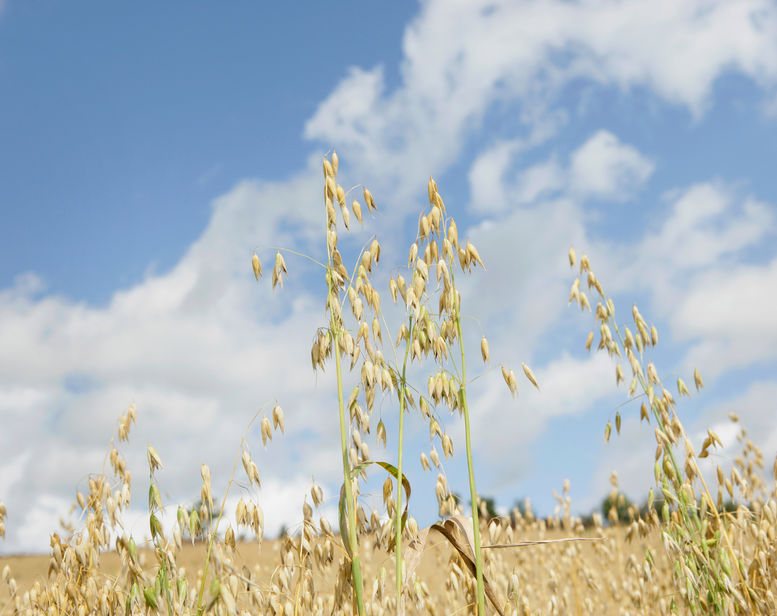
A project spearheaded by six farmers hopes to develop blockchain technology allowing shoppers to trace their oats back along the supply chain.
The digital technology would allow consumers to trace their oat products and be confident that they are 100 percent gluten-free.
This would then provide a blueprint for other cereals and foods, according to the oat growers, who worked with SAC Consulting and data firm Wallet Services last year as part of trials.
These aimed to establish whether information could be practically accumulated on-farm and uploaded to a server to provide full and instant traceability at any stage in the supply chain.
The farmers are now seeking funding to recommence trial using apps, sensors and API to minimise the effort needed to input data at farm level.
Blockchain is a digital ledger into which information from different places can be entered and then linked together in a chain.
A quick scan of a QR code can trace a product throughout the entire supply chain using these ‘blocks’.
Paul Mayfield of SAC Consulting, who coordinated the project, said last year's trial were very successful and had proved the concept works.
But he also highlighted that that the technology needed to be easier to implement and affordable for small to medium size farms, as well as bigger commercial ones.
“The technology is excellent and can provide instant answers to what at the moment can take a couple of weeks to investigate along a paper trail," said Mr Mayfield.
"But if we want to see it widely used, we need to make it very easy and affordable for farmers to adopt."
Blockchain could be used not only to counter food fraud or source contamination but to evidence environmental and sustainability credentials, which may be the direction of travel for retailers and the government.
“If we can create a blueprint to accurately and openly trace the origin of foods – and potentially their carbon footprint - we can help farmers do what they may well be required to do for contracts or rural payments in the future,” he said.
“What we need, though, is for farmers to help us understand the technology they need and would use on the ground so that it works for them.
"Not only can it be used as an advanced management tool to improve their business, but the data becomes a commodity they can sell.
"The tech is there, but we need farmers to help shape it,” Mr Mayfield said.
